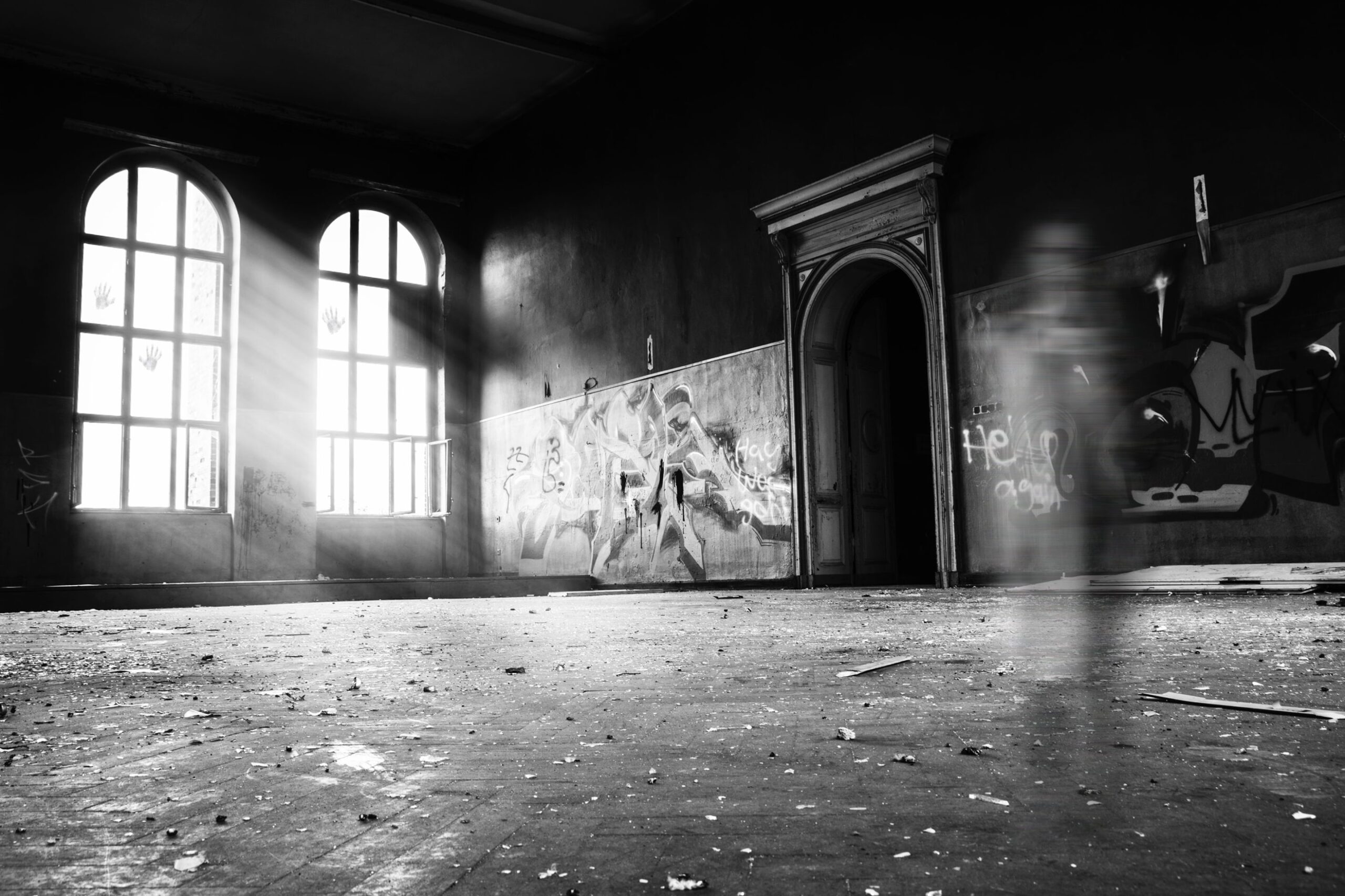As if 2020 weren’t interesting enough, you decide this is a perfect year to start ghost hunting, but you don’t know the Ghost Hunting Laws. What’s the worst that could happen, right?
You have your sights set on the creepy abandoned house down the block, but you wonder if entering that house or recording a ghost will somehow set you afoul of Texas law.
What are Ghost Hunting Laws?
In short, Texas hasn’t developed any specific laws when it relates to Ghost Hunting. However, with a careful eye, and a little research, we’ve put together some laws that are found in other areas that any good ghost hunter should know.
Can I Enter that Creepy Empty House?
Before you enter the house, you should be aware that you could be trespassing. In Texas, you should watch out for criminal trespass and a civil cause of action for trespassing. Criminal trespass is generally a misdemeanor and occurs when you enter the property of another without their consent if you had notice that the entry was forbidden. If you are sued in a civil action, the plaintiff (i.e., property owner) could seek monetary damages from you.
See—Criminal Trespass – Tex. Pen. Code § 30.05
See also—Mathis v. Barnes, 377 S.W.3d 926, 931 (Tex. App.–Tyler 2012, no pet)
Maybe you should stay away from the haunted house and opt for a more thrilling location with a broader history like Hell’s Gates. You may be less likely to be charged with or sued for trespassing, and if the legends are true, you’ll have a greater chance of catching some frightening sights. Just please don’t try to climb on or walk across the railroad trestle.
Can I Record the Ghosts?
Now that you have the perfect location scouted out, you grab your special equipment and head out after dark. In the shadows, you hear something spooky. As you are checking to make sure you got it on video, you wonder if you somehow violated Texas law by recording the ghost without its consent.
Each state has their own laws regarding recoding another party, but Texas is a one-party consent state. What that means is that only one person involved in the conversation must consent to being recorded and that person can be you.
This brings up whole host of questions. Are you and the ghost having a conversation? If so, is the ghost considered a person that can be a party to the conversation? According to Black’s Law Dictionary, a person is defined as “a human being—also termed natural person.” There is a good argument that a ghost is a supernatural being that should not be considered a person.
Therefore, you should feel safe to record away!
How Do I Turn This into Money?
Since you have amazing footage of some supernatural activity, you decide to share the video on YouTube, and it is an instant success. Your video goes viral, so you start thinking about quitting your day job to work the graveyard shift.
You should consider starting your own company to protect your assets and make it easier to hire employees. You can creep on over to our Business Structure Series blogs to gather additional information on business formations and the different entity types.
We wish you happy hunting, but please don’t try to summon too many evil spirits–this is just not the year for those shenanigans!
–Authored by Blake R. Walterscheid, CLP (Ghost Writer)
Matthew Harris Law, PLLC – Civil Litigation Division
1101 Broadway, Lubbock, Texas, 79401
Tel: (806) 702-4852 | Fax: (800) 985-9479

